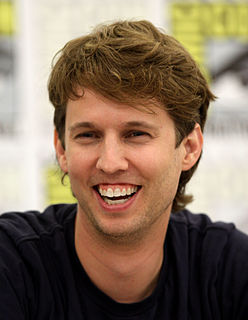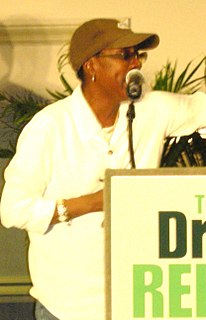A Quote by Temple Grandin
There is a small segment of people with autism that have savant skills, where they can memorize entire maps of whole entire city. They can do calendar calculations. And this is similar to some of the skills that animals have.
Related Quotes
The ways in which acquired savants show up are usually the same ways that congenital, or non-acquired, savant syndrome shows up. They tend to show up in the same areas: music, art, math, visual, spatial skills, and calendar calculating, although calendar calculating probably isn't quite as prominent in that group. They tend to show up quite quickly, or sort of explode on the scene and they then tend to have an obsessive sort of forceful quality about them in the same way as savant skills. So they tend to show up in the same ways.
A savant, by definition, is somebody who has a disability and, along with that disability, has some remarkable ability. Prodigies and geniuses have the remarkable abilities that the savant shows, but they do not have a disability. So, by definition, a savant includes someone with a disability, and a prodigy or genius are people who have these remarkable skills but they do not have a disability.
Business requires an unbelievable level of resilience inside you, the chokehold on the growth of your business is always the leader, it's always your psychology and your skills - 80% psychology, 20% skills. If you don't have the marketing skills, if you don't have the financial-intelligence skills, if you don't have the recruiting skills, it's really hard for you to lead somebody else if you don't have fundamentally those skills. And so my life is about teaching those skills and helping people change the psychology so that they live out of what's possible, instead of out of their fear.
Savant syndrome is not a disorder in the same way as autism is a disorder or dementia is a disorder. Savant syndrome are some conditions that are superimposed and grafted on to some underlying disability. So savant syndrome is not a disease or disorder in and of itself. It is a collection of characteristics, or symptoms, or behaviors that have grafted on to the underlying disability.
It is the acquisition of skills in particular, irrespective of their utility, that is potent in making life meaningful. Since man has no inborn skills, the survival of the species has depended on the ability to acquire and perfect skills. Hence the mastery of skills is a uniquely human activity and yields deep satisfaction.

































